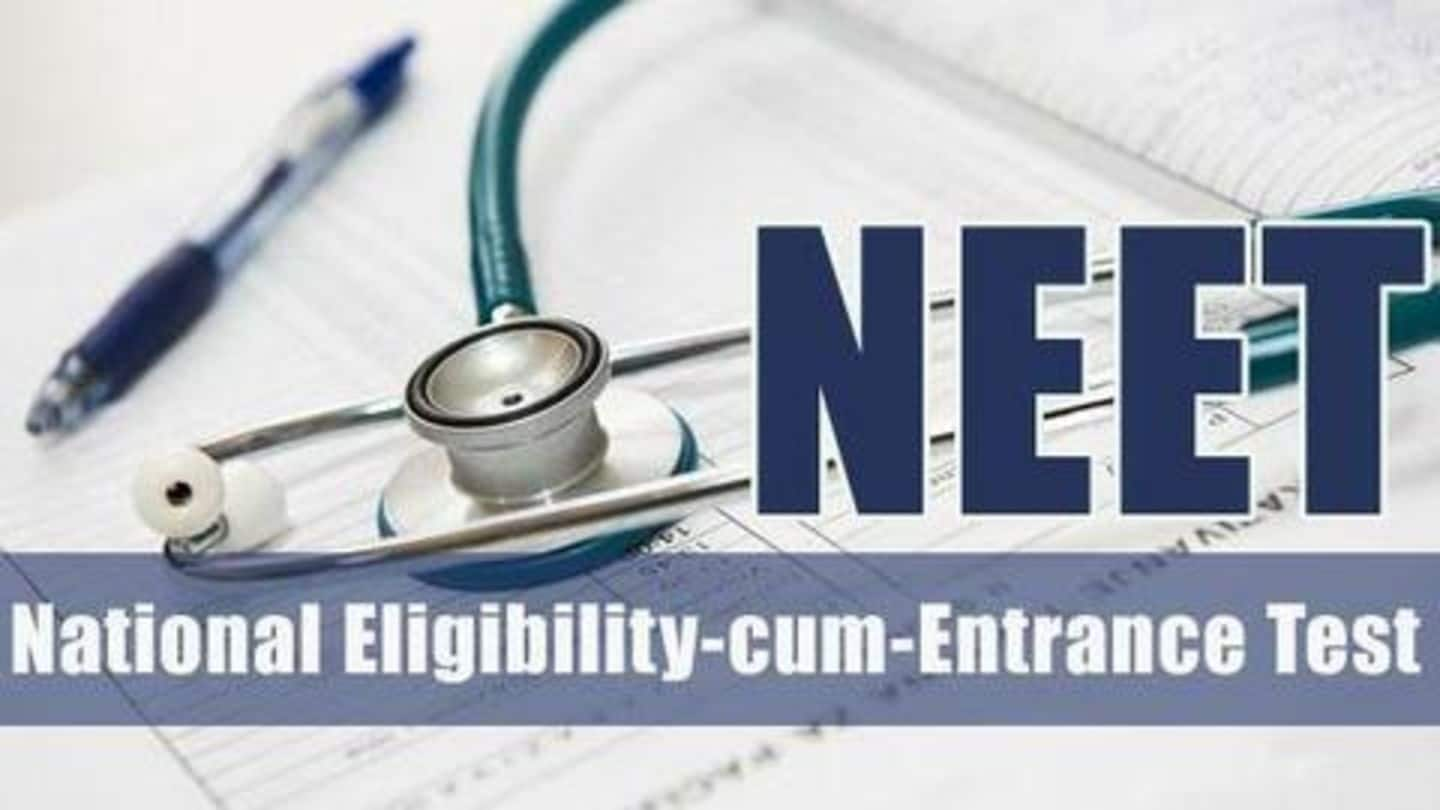
#CareerBytes: Preparing for NEET? Here are 5 mistakes to avoid
What's the story
The National Eligibility cum Entrance Test (NEET-UG) is the gateway to admission to undergraduate programmes at prestigious medical colleges in the country. It is a difficult exam and medical aspirants need proper preparation, hard work, and the right technique to crack NEET. Students must ensure there are no flaws in their preparation strategy. Here are 5 common mistakes aspirants preparing for NEET must avoid.
#1
Not having a proper study plan for NEET preparation
One of the biggest mistakes aspirants should avoid making is preparing for NEET without a proper study plan. They must start preparing early and plan their study properly in order to have enough time to cover the entire syllabus; students must adhere to their schedule. They should know and understand the latest syllabus and exam pattern and learn to manage and utilize time better.
#2
Ignoring basics and having too many reference books
Some students tend to ignore the NCERT books while preparing for NEET and consult advanced reference books, which is a huge mistake. NCERT textbooks provide the basics and a majority of the questions in NEET are based on NCERT syllabus. Aspirants must first focus on NCERT syllabus before turning to reference books. Also, they should not consult too many reference books to avoid confusion.
#3
Focusing only on one subject and ignoring others
NEET preparation involves a vast syllabus and many tend to focus on one subject, especially biology, and ignore others. However, they must understand that all subjects are equally important for NEET. Some might postpone their preparation/study sessions for later thinking they have a lot of time. However, procrastination is a student's biggest enemy. In order to succeed, one must never postpone their study/revision sessions.
Information
#4: Rote-learning instead of understanding topics
NEET is very challenging and rote-learning of topics will not be much useful. One needs to thoroughly understand the concepts rather than mugging up to crack the exam. Aspirants can prepare short notes while studying/learning for quick revision of the topics and concepts they learn.
#5
Not solving question papers and not analyzing performance
Not solving previous year question papers and sample papers is another mistake aspirants must avoid. They should solve question papers in a timed manner to know the exam pattern, difficulty level, questioning trends, important topics, etc. and manage time better in the exam. Aspirants should take mock tests and analyze their performance on a regular basis, identify weak areas, and work on getting better.